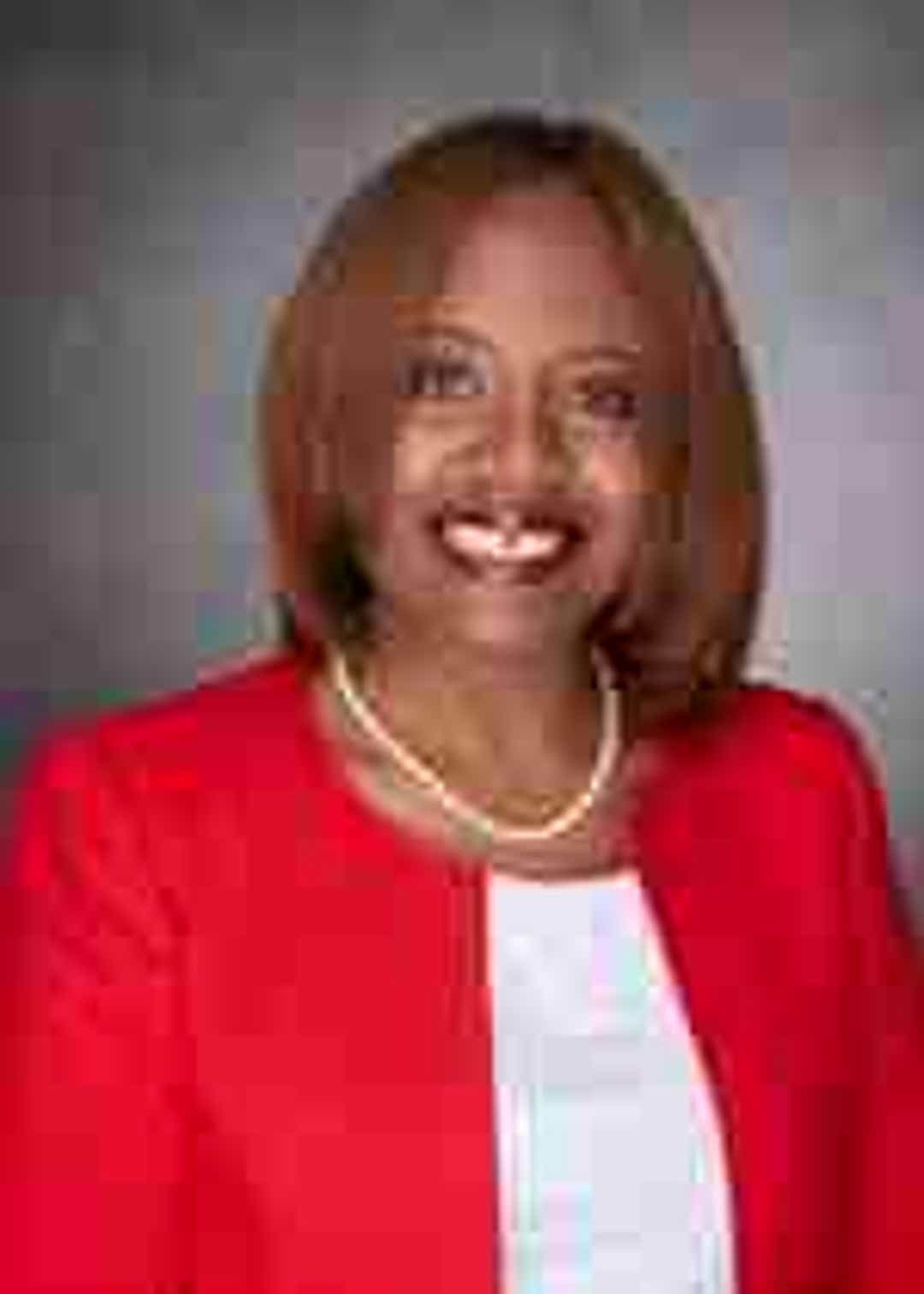Folks tend to look at diversity through a black and white lens, figuratively and literally.
If a group or a business has a few members who are Black, Hispanic, women or members of the LGBTQ community, it often counts itself as diverse.
However, Mardia Shands, chief diversity officer for the Ohio hospital group Tri-Health, said true diversity isn't just skin deep. She contends that real diversity is about creating workplaces and societies that are truly representative of their communities: places where diversity of culture, thought, belief, class and familial status are all embraced, respected and valued.

"We want, ultimately, to have a thriving community where all members of society are full participants and where the diversity of our community makes it a rich and vibrant community," Shands said.
At a free, online CivicCon event Aug. 24, Shands will be discussing how creating diversity in the workplace has a rippling effect that benefits neighborhoods, families and connections within the community.
► CivicCon expert: Good policing is about 'being a guardian, not a warrior'
► EntreCon selects Chief Diversity Officer Mardia Shands as its first keynote speaker
Shands is a human resources executive with extensive experience in workforce development, social impact and diversity across multiple industries including health care, manufacturing, supply chain and information technology. Her career has spanned from multi-national global corporations to small nonprofits across North America and Africa.
She noted that from a purely business perspective, diversity is important because it helps organizations recruit and retain talent and meet the needs of clients.
Shands said from a community-building perspective, workplace diversity helps ensure every citizen has a path to becoming a productive, contributing member of society.
"We want to get full participation for everyone, and full participation looks like everybody working and living the life that they want and imagine," Shands said. "We want a community that doesn't have high levels of unemployment, high levels of crime, heavy burdens on the social systems and so forth."
In her work, Shands has often found discussions of diversity can be fraught with tension. By its nature, talk of diversity often goes hand-in-hand with talk of bias, and different people may react to the subjects with anger, indigence, embarrassment or dismissiveness.
"What I tell everybody is, if you are living and you're breathing, you have biases, period," she said. "Even those of us who have been in (the diversity, equity and inclusion field) for years and years, we still have our biases, because it is a human defense mechanism. ... We are all biased, but what we can do is learn to disrupt those biases."
Shands said that biases most often surface in times of stress and pressure. When we are in "fight or flight" mode, we make assumptions about what others will say or do based on what we think we know about them. She said when we find ourselves in those situations, the best thing to do is to pause and assess whether we're about to take an action based on biases or based on facts.
As an example of how bias can have real impact, Shands said, "It has been researched and studied extensively that there are some non-minority physicians who believe that African Americans don't suffer the same level of pain as white patients. And that is completely false and it has been debunked over a number of years, and yet that bias is perpetuated."
Studies have shown, perhaps as a byproduct of views like these, that pregnant Black women tend to receive a lower quality of maternal health care than their white peers.
► Is stress killing Pensacola moms and babies? UWF wants to find out.
...tinyurlis.gdu.nuclck.ruulvis.netshrtco.de
مقالات مشابه
- Coronavirus موارد در Escambia County افزایش 9 برای رسیدن به 888
- شرکت صادرات و واردات کالاهای مختلف از جمله کاشی و سرامیک و ارائه دهنده خدمات ترانزیت و بارگیری دریایی و ریلی و ترخیص کالا برای کشورهای مختلف از جمله روسیه و کشورهای حوزه cis و سایر نقاط جهان - بازرگانی علی قانعی
- شرکت صادرات و واردات کالاهای مختلف از جمله کاشی و سرامیک و ارائه دهنده خدمات ترانزیت و بارگیری دریایی و ریلی و ترخیص کالا برای کشورهای مختلف از جمله روسیه و کشورهای حوزه cis و سایر نقاط جهان - بازرگانی علی قانعی
- تجهیزات و علوم آزمایشگاهی - مرجع آزمایشگاه
- چیزی که شما نمودید توجه کنید در مورد اسباب بازی بسیار موثر است - اما بسیار ساده
- رهبران قوی می دانم زمانی که به دنبال کمک از خارج | پنجم Studer
- آیا از مهارتهای اسباب بازی خود خجالت میکشید؟ در اینجا چه باید کرد
- شرکت صادرات و واردات کالاهای مختلف از جمله کاشی و سرامیک و ارائه دهنده خدمات ترانزیت و بارگیری دریایی و ریلی و ترخیص کالا برای کشورهای مختلف از جمله روسیه و کشورهای حوزه cis و سایر نقاط جهان - بازرگانی علی قانعی
- نه جدید COVID-19 موارد گزارش شده بین Escambia و سانتا رزا دولت در مجموع تا به 62,758
- اندرو Verstein انتخاب به آمریکا قانون موسسه